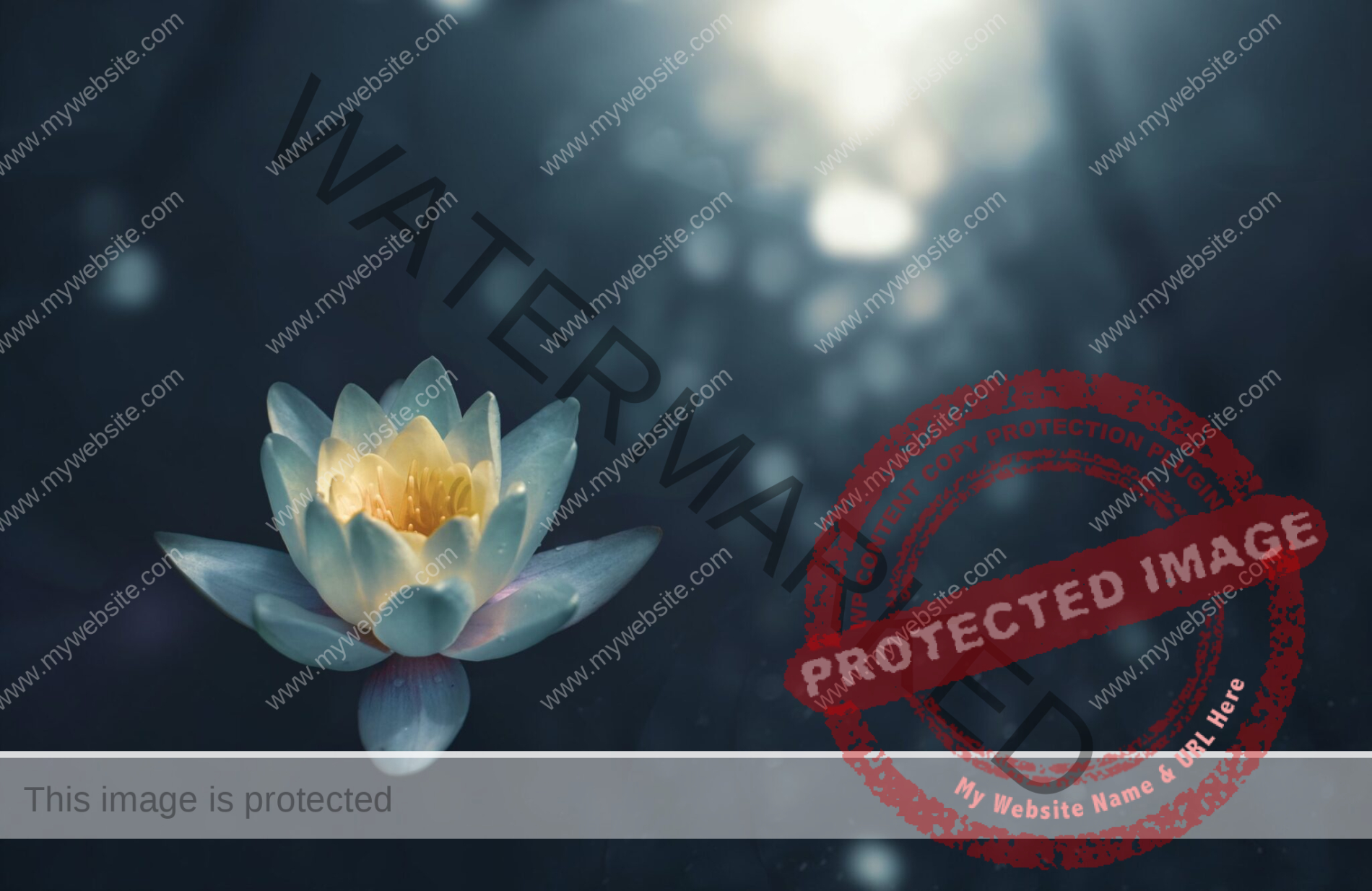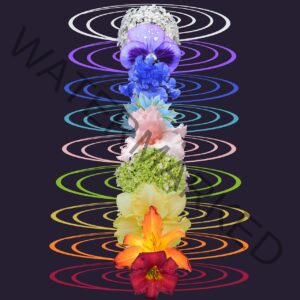
A Guide to Psilocybin Therapy
26 June 2023
Psilocybin therapy has garnered significant attention in recent years for its potential therapeutic benefits in treating mental health disorders and improving overall well-being. Derived from naturally occurring psychedelic mushrooms, psilocybin is a psychoactive substance that has shown promise in various research studies.
In this blog post, we will delve into the world of psilocybin therapy, examining its therapeutic uses, research findings, safety guidelines, and more.
What is Psilocybin Therapy?
Psilocybin therapy involves the controlled use of psilocybin, the active compound in magic mushrooms, to facilitate therapeutic effects. It is typically administered in a clinical setting, under the guidance of trained professionals.
Psilocybin-assisted therapy combines the use of the psychedelic compound with psychological support and structured talk therapy sessions to enhance its therapeutic potential.
Psilocybin Therapy vs Psilocybin Ceremony
Psilocybin therapy and psilocybin ceremony are two distinct approaches involving the use of psilocybin, but they differ in their purpose, setting, and structure.
Psilocybin therapy refers to the controlled and intentional use of psilocybin in a therapeutic context, typically conducted in a clinical or therapeutic setting. It involves the guidance of trained professionals, structured support, and integration of the experience into the individual’s overall treatment plan. The focus is on using psilocybin as a tool to address specific mental health conditions or promote personal growth.
On the other hand, psilocybin ceremonies are often rooted in traditional or indigenous practices. In modern settings, these ceremonies are conducted as a means through which people use psilocybin as a personal development tool. These ceremonies may be led by experienced facilitators who incorporate cultural and spiritual elements into the experience.
The emphasis is often on spiritual exploration, personal transformation, and connecting with a higher consciousness or spiritual realm. The intention of a psilocybin ceremony is typically more open ended, they aim to address questions of meaning and life purpose. Thus, a psilocybin ceremony may not be specifically targeted at addressing specific mental health conditions.
It is important for individuals to consider their intentions, goals, and preferences when choosing between the two approaches.
Understanding Psilocybin Therapy Sessions
A psilocybin therapy session typically lasts six to eight hours and involves a carefully controlled administration of a single dose of psilocybin. The session takes place in a supportive and comfortable environment, with the presence of trained therapists.
Patients are encouraged to explore their thoughts, emotions, and experiences during the session, while therapists provide guidance and support.
Therapeutic Uses of Psilocybin
Psilocybin therapy has emerged as a promising treatment modality for various mental health conditions. Extensive research has revealed its potential efficacy in addressing major depressive disorder, treatment-resistant depression, anxiety disorders, obsessive-compulsive disorder, and addiction, particularly in the context of smoking cessation.
The therapeutic benefits of psilocybin therapy extend beyond these well-studied conditions, as early investigations have also explored its potential in managing chronic pain, alleviating cluster headaches, mitigating symptoms of Alzheimer’s disease, aiding in the treatment of anorexia nervosa, and addressing cancer-related anxiety (Kargbo, 2020).
 In the realm of major depressive disorder, psilocybin therapy has exhibited notable potential. Research studies have shown rapid and large reductions in depressive symptoms, and the effects have been observed to persist for extended periods.
In the realm of major depressive disorder, psilocybin therapy has exhibited notable potential. Research studies have shown rapid and large reductions in depressive symptoms, and the effects have been observed to persist for extended periods.
Similarly, for individuals with treatment-resistant depression, where conventional treatments have proven ineffective, psilocybin therapy has shown promise in providing a new pathway towards remission (Lowe et al., 2021).
Anxiety disorders, including generalised anxiety disorder and social anxiety disorder, have also been targeted in psilocybin therapy research. Preliminary findings suggest that psilocybin therapy may help reduce anxiety symptoms and promote a sense of emotional well-being .
Moreover, psilocybin therapy has demonstrated potential in addressing obsessive-compulsive disorder (OCD), offering a new avenue for individuals struggling with this debilitating condition.
The therapeutic applications of psilocybin therapy extend to addiction as well, particularly in the context of smoking cessation. Studies have reported promising outcomes, with individuals experiencing higher rates of long-term abstinence from smoking after undergoing psilocybin therapy (Crowe et al., 2023).
This suggests that psilocybin therapy may serve as a valuable tool in supporting individuals on their journey to overcome addiction.
Beyond mental health disorders, early studies have explored the potential benefits of psilocybin therapy in managing chronic pain. Although further research is needed, initial findings indicate that psilocybin therapy may contribute to pain reduction and improve overall well-being for individuals living with chronic pain conditions.
Research Studies and Findings
Scientific research on psychedelic therapy, including psilocybin therapy, has been instrumental in shedding light on its therapeutic potential. Multiple studies have explored the effects of psychedelic therapy on mental health disorders, addiction, and overall well-being. Here is a detailed summary of some key research and their conclusions:
Magic mushrooms’ help longtime smokers quit (2014):
This study focused on psilocybin therapy for smoking cessation. Participants underwent a structured psilocybin therapy session along with cognitive-behavioural therapy. The study found that 12 out of 15 participants were abstinent from smoking at the six-month follow-up (Johnson et al., 2014).
The results suggest that psilocybin-assisted therapy can be an effective intervention for tobacco addiction.
 Psilocybin eases existential anxiety in people with life-threatening cancer (2016):
Psilocybin eases existential anxiety in people with life-threatening cancer (2016):
The study explored the effects of psilocybin therapy on cancer patients with anxiety related to their life-threatening condition (Griffiths et al., 2016). Participants received a single dose of psilocybin in a supportive setting.
The findings revealed significant reductions in anxiety, depression, and improvements in mood and quality of life, suggesting that psilocybin therapy may help alleviate psychological distress in cancer patients.
From the Newsroom: Psilocybin Treatment for Major Depression Effective for Up to a Year for Most Patients, Study Shows (2021):
A groundbreaking study conducted by Johns Hopkins Medicine investigated the effectiveness of psilocybin therapy for major depression. The results indicated that a significant proportion of participants experienced a reduction in depressive symptoms that persisted for up to a year (Gukasyan et al., 2022).
This study highlights the potential of psilocybin therapy as a long-term treatment option for individuals with major depressive disorder.
Guidelines for safety (2008):
Safety guidelines are crucial in the administration of psilocybin therapy. This document provides recommendations for conducting therapy sessions in a controlled and safe manner (Johnson et al., 2008).
It emphasises the importance of proper screening, professional guidance, and monitoring during psilocybin therapy to minimise potential risks.
 Regulatory approval to resume psychedelics research (2000):
Regulatory approval to resume psychedelics research (2000):
This research milestone marks the regulatory approval to resume psychedelic research, including studies on psilocybin therapy. It represents a significant shift in the recognition and acceptance of psychedelics as potential therapeutic agents, enabling further investigation into their applications and benefits.
These studies collectively demonstrate the potential of psilocybin therapy in various domains. From smoking cessation to anxiety reduction in cancer patients and treatment for major depression, the research suggests that psilocybin therapy can have positive therapeutic effects.
Johns Hopkins Center for Psychedelic Research
Johns Hopkins Medicine has played a pivotal role in advancing psychedelic and consciousness research. The establishment of the Johns Hopkins Center for Psychedelic Research highlights their commitment to studying the therapeutic potential of psychedelic drugs, including psilocybin.
The centre conducts clinical trials, follows up on study participants, and further investigates the therapeutic effects of psilocybin. For more information please visit their site here.
Future Directions and Research
Psilocybin therapy is still a relatively new field of study, and further research is necessary to understand its full potential. The National Institute of Mental Health’s first federal grant for psychedelic treatment research in 50 years is a significant milestone, indicating growing recognition and support for this area of research.
Ongoing studies and research initiatives continue to explore the effectiveness and safety of psilocybin therapy in various contexts.
The Importance of Integration and Aftercare
Integration and aftercare are integral components of optimising the benefits derived from psilocybin therapy.
Following a therapy session, it is essential for individuals to engage in a reflective process, allowing them to assimilate the insights and revelations gained during the experience. This integration phase involves actively incorporating these newfound understandings into their daily lives.
Therapeutic support, such as discussions with therapists or participation in support groups, can greatly assist in this process. By facilitating ongoing dialogue and guidance, integration and aftercare provide individuals with the tools and resources needed to transform their psilocybin-assisted experiences into tangible and meaningful changes that positively impact their day-to-day existence.
This ongoing practice ensures that the benefits of psilocybin therapy extend beyond the session itself, nurturing personal growth and long-term well-being.
Psilocybin Retreats at Acsauhaya
 As experts in the psychedelic space, we offer legal and safe psilocybin retreats with therapeutic support. Our expertise utilises over 20 years of combined experience which has culminated in the meticulous design of the most optimal environment for you to have your psilocybin experience.
As experts in the psychedelic space, we offer legal and safe psilocybin retreats with therapeutic support. Our expertise utilises over 20 years of combined experience which has culminated in the meticulous design of the most optimal environment for you to have your psilocybin experience.
We have chosen to increase the therapeutic potential of our retreats by partnering with qualified and expert therapists including Nectara and the Institute of Psychedelic Therapists to enhance the benefits of our psilocybin retreats.
In addition, our team consists of a qualified psychologist and nurse who are available onsite to provide professional support and safety when needed. As the health and well-being of those seeking an experience with psilocybin is the highest priority for us, we ensure the most conducive environment according to the needs of our guests. For more information on our qualified personnel and booking when they are present, please contact us here.
Along with therapeutic support, our retreats offer complementary wellness modalities, such as yoga, breathwork, integration workshops, and sound healings, all designed for you to maximise the benefits of a therapeutic experience. Our 4-Day and 5-day retreats are particularly beneficial for those seeking a more in-depth experience.
The History and Legal Status of Psilocybin
Psilocybin has a rich history of human hallucinogen research and traditional use in various cultures. However, it was classified as a Schedule I substance in the United States in the 1970s, leading to a halt in research.
In recent years, there has been a resurgence of interest, with regulatory approval to resume psychedelics research and growing evidence supporting its therapeutic potential.
Historically, Jamaca and the Netherlands were the only two countries in the word that maintained a legal status for the use of psilocybin. As mentioned above, there has been a big shift in recent years due to the amount of research that has advocated for its therapeutical benefits.
Currently, Australia has become the first country in the world to legalise the therapeutical usage of Psilocybin. The United States has also seen some regulatory shifts, however, it remains illegal. Psilocybin ceremonies have been conducted in The Netherlands for many years and you can find experienced facilitators offering a fully legal experience for those seeking to do so in safe environment.
 Conclusion: Embracing the Potential of Psilocybin Therapy
Conclusion: Embracing the Potential of Psilocybin Therapy
Psilocybin therapy, with its potential to transform mental health treatment, has garnered increasing attention and holds great promise. Research studies have yielded positive results, unveiling the therapeutic potential of psilocybin therapy in addressing mental health disorders and enhancing overall well-being. This emerging field is reshaping the landscape of mental health treatment by offering new avenues for healing and providing hope for individuals facing various mental health challenges.
Through careful guidance, ongoing research, and responsible use, psilocybin therapy has the potential to revolutionise mental health care and provide effective treatment options for those in need.
The positive results observed in research studies have fuelled excitement surrounding psilocybin therapy. Various studies have demonstrated the efficacy of psilocybin therapy in treating mental health disorders such as depression, anxiety, obsessive-compulsive disorder, addiction, and more.
These studies have shown rapid and significant reductions in symptoms, sustained improvements in mood, and enhanced quality of life for participants.
The transformative potential of psilocybin therapy has been particularly evident in cases of treatment-resistant depression, where traditional treatments have been ineffective. The remarkable outcomes observed in these studies have sparked optimism and propelled further exploration of psilocybin therapy’s therapeutic effects.
The growing recognition of psilocybin therapy’s therapeutic potential has also contributed to its prominence in the field of mental health. The medical and scientific communities, along with regulatory bodies, are increasingly acknowledging the value of psychedelic substances in treating mental health conditions.
The regulatory approval to resume psychedelics research, including studies on psilocybin therapy, marks a significant milestone in the field. This recognition has paved the way for further investigation, increased funding, and the establishment of dedicated research centres, such as the Johns Hopkins Center for Psychedelic Research, which is at the forefront of psilocybin therapy research.
With proper guidance, research, and responsible use, psilocybin therapy can offer new hope for individuals facing mental health challenges.
Trained professionals play a vital role in ensuring the safe and effective administration of psilocybin therapy. Their expertise and guidance provide individuals with a supportive environment and help them navigate their psychedelic experiences.
Ongoing research is essential to deepen our understanding of psilocybin therapy, refine treatment protocols, and identify its potential applications across a wide range of mental health conditions.
providing effective treatment options and renewed hope for individuals facing mental health challenges. It is an exciting and transformative time in the realm of mental health, as psilocybin therapy paves the way for a future where innovative approaches bring healing and well-being to those in need.
Disclaimer: This blog post is for informational purposes only and does not constitute medical advice, nor do we at Acsauhaya provide psilocybin therapy. Consult a healthcare professional before considering any form of treatment or therapy.
References:
Johns Hopkins launches center for psychedelic research. (2019, September 4). The Hub. https://hub.jhu.edu/2019/09/04/hopkins-launches-psychedelic-center/


